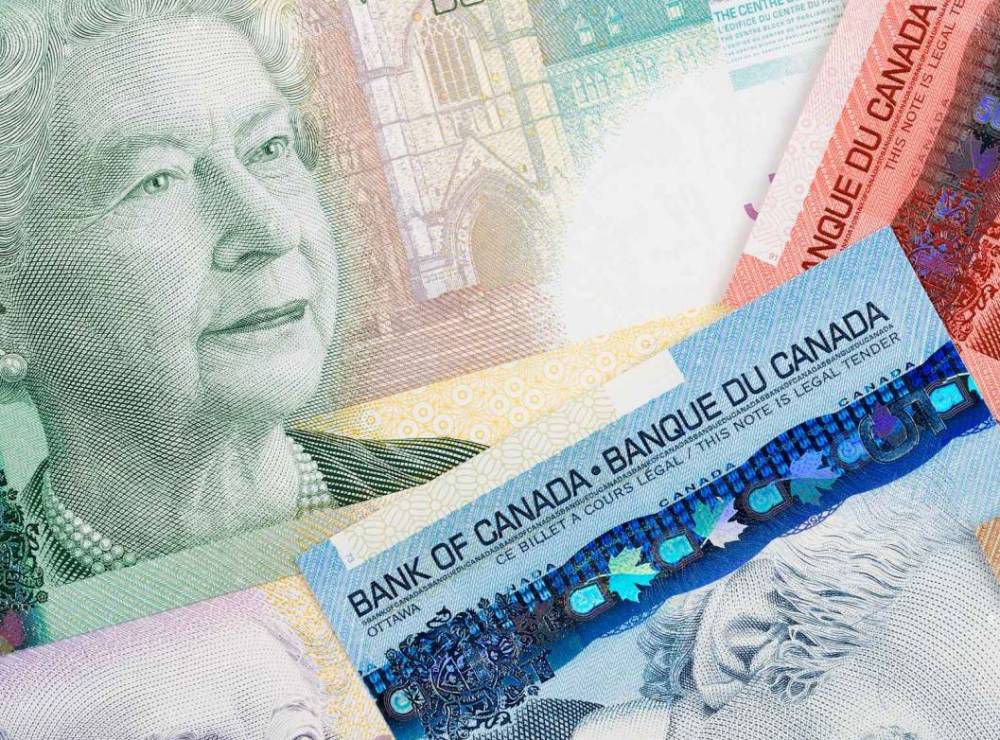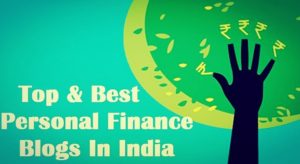
There are a few mega trends, as Square’s chief financial officer Sarah Friar calls them, rippling through the financial industry: Executives are wondering if and when Amazon will take aim at their industry; banks are closing branches; and money is increasingly being passed around electronically.
Friar has spent her career in the crosscurrents of finance and technology, and these days she’s also on the boards of Walmart and messaging platform Slack. The Northern Ireland native started out at McKinsey before becoming a software analyst at Goldman Sachs, where she worked for more than 10 years. She left the investment bank for Salesforce.com, before she was hired as finance chief at Square in 2012.
Square was originally known for its payment dongle and, perhaps, its founder Jack Dorsey (who co-founded Twitter and runs it alongside Square). It has widened its offerings to things like Square Capital, which lent out $339 million (pdf) in the first three months of 2018. Bitcoin trading, now available on its Venmo-like Cash App, has added somesizzle. Square’s market cap has just about tripled in the past 12 months.
Quartz spoke with Friar at the company’s offices in Dublin about bitcoin, finance, technology, and software, which venture capitalist Marc Andreessen famously said will gobble up everything. The conversation has been edited and condensed for clarity.
Quartz: When you think about the future of finance, what trends do you consider?
Friar: If you look at financials, they have been largely undisrupted to date. And so I look at that constantly, and the market cap that’s sitting there.
They look at it, too. Amazon comes up all the time during finance firms’ conference calls.
And so what is the big Amazon shift? I sit on the board of Walmart, so we debate a lot this Amazon-Walmart scrap.
In our world, there’s the mega-trend shift to a cashless society. It’s inevitable, I think it’s actually a place where the UK is far ahead. If you just look at our own research in the UK, about half have less than £10 [$13] in their pocket.
That’s just become a matter of course, although there are 5.7 million small businesses in the UK and over half of them don’t accept cards.
I think the other big driver in that cashless society is the demise of the bank branch. That’s been something we’ve seen a lot of. Half of bank branches in the UK have disappeared just in the last three decades. That’s a mega trend.
How is the world changing for smaller businesses?
Every single business type is facing its own form of omni-channel. In retail, of course, it’s online plus offline. But in food, people eat in my restaurant or stand in my café at lunch to buy their lunch, but then they might go on their app and order for delivery. They might go on their app and order for pickup. That’s happening in food and now well into grocery.
You get into the services business, and you’ll find that customers just expect that the business is always open. What I mean by that is 57% of the appointments on Square Appointments are booked outside business hours.
I was actually having this conversation with my hairdresser this weekend, because she does not allow you to book appointments online and this kind of drives me nuts! I don’t have time during the day—I’m a working mom. Unless I can do it online it’s super frustrating.
Almost every business is having to become service-like, because if the world does move to Amazon, they’ll always have the most selection at the lowest price, and so the only way to differentiate yourself is by adding a service on top. That’s why you see your local health food market, they’re doing yoga classes. Maybe they’re doing cookery lessons alongside the local shop on the corner.
And then when you go online, it used to be you went online and built a website, which still happens. But now you could build an app. If you’re a small business, you’re probably not going to live in your own app, you’re going to live in a marketplace app. And then there’s all the commerce that’s starting to happen within messaging, there’s the device—the Alexa, the Google Home device—where you’re going to order commerce in your kitchen and just speak to it.
You can imagine how frightening that is, particularly for smaller businesses, because it used to be you only thought of multinationals will do this omni thing, and small business will always be local. But no, their customers expect them to be able to do both, too. And so, at Square, our whole goal is to be that single pane of glass.
Cashless, omni—I guess you can’t talk about future of finance and not talk about crypto.
I’m glad you brought that up. Square recently introduced bitcoin buying and selling.
So Jack is all in. I could debate both sides with you. Do I have to believe there’s some broader internet currency that has less friction to it, that I’m not translating these things from one fiat currency to another and paying a lot of money for, frankly, a service that doesn’t really take a lot of bits and bytes to carry out? Yeah, I could absolutely believe that there’s something that could top all of that, and allows for just a much speedier sending around the world.
On that I’m very much in agreement with Jack.
Cash App—it’s an iceberg product where there’s a little bit that pushes out into the world, where I can quickly buy and sell bitcoin if I want to in Cash App. But beneath it there’s all the learning around the technology to do that, the regulatory environment to do that, the risk environment to do that, the finance environment—we had to know how to recognize the revenue—there was a lot of learning that I think will be very good for us over time.
What about the banks?
What I think the banks have not done well, at all, is creating an app that speaks not even to the future, but today’s generation of millennials who have grown up as digital natives. They’re used to using this device—this device being my phone that I’m holding in my hand right now—to do just about everything. And the bank account that they open probably looks just like the bank account their dad opened, their grandfather opened, their great grandmother opened… there’s been almost no innovation on that front.
What I see in Cash App is we’re effectively creating a bank account of the future. We don’t need to monetize it, because we’re starting from a revenue of zero. We make money for example issuing a card through interchange—that’s great incremental revenue for us. So we can afford not to have all the fees. Just like with our sellers, to begin with it’s all about access. So you don’t pay a minimum balance fee, it’s set up today as a prepaid card so you can’t get overdrawn. There’s kind of a trust element. We’re doing a loyalty program, which in a debit world is unheard of. It’s a pretty generous loyalty program.
Would you be long or short the credit card companies?
The positive for Square to date is we’ve use the rails that have existed rather than recreating something that works really well. Let’s innovate up above that. And so to date they’ve been great partners. So I would give Visa and Mastercard kudos for helping us make that magic happen.
So we can work really well together. Though, the trend broadly speaking in the world is toward software and away from hardware. I completely buy into Marc Andreessen’s “software is eating the world.” I was a software analyst, I am on this train.
Frankly, these credit cards, they’re just a piece of hardware. So if you think of it as just hardware, then you have to think about, at what point does this become software? Now, a lot of the rails can still exist. I think the Visas and Mastercards of the world can still have a business, but I think they need to get out of this mindset of people carrying around small pieces of hardware.
You mentioned in a recent earnings call that, like a lot of companies, Square is hiring data scientists. What are some of your plans for them?
We’ve had data scientists at Square since before they were really called data scientists because it’s such a new discipline. We talked a lot about software algorithms, starting back nine years ago.
In the beginning of Square, we knew we wanted to go after this long tail of micro-merchants that had never gotten on the system before—we often talk about it being almost discriminatory. Even to this day in the pure merchant acquiring space, only 60% of folks who say they’d like to get a merchant account actually get approved. And if you look at Square, it’s well over 96% of folks who hit our website and put their hand up and say, hey, I’d like to start a business, I want you to start accepting payments for me, and we approve them. So really it’s only fraud that we’re truly getting rid of.
We try to apply it all around the company. Risk continues to be an area—we took it into the facilitation of loans, where Square Capital has done some really interesting things. We essentially lend to subprime, and yet we’ve done it with a sub 4% loss rate.
We have taken machine learning into our operations. So we use it in places like customer success. So preemptively figure out what we think you’re probably contacting us about. The machine learning helps you preempt the inbound, but then even up-sell the product that we think would fit the customer that would make their life better.I definitely would love to see this super smart, point-of-sale system that’s perfect for you. So for every seller there is almost a brain in their point-of-sale driven by machine learning that helps them maximize their businesses.
source:-qz.c



